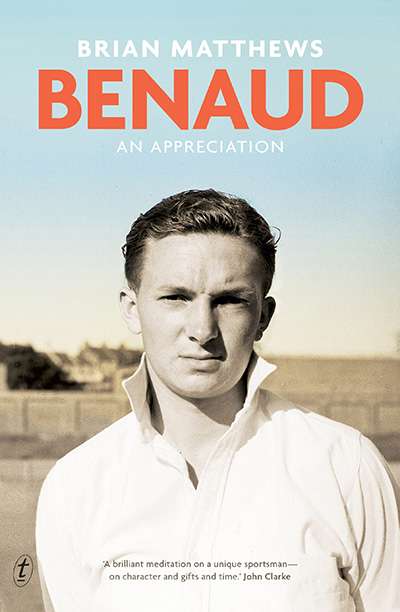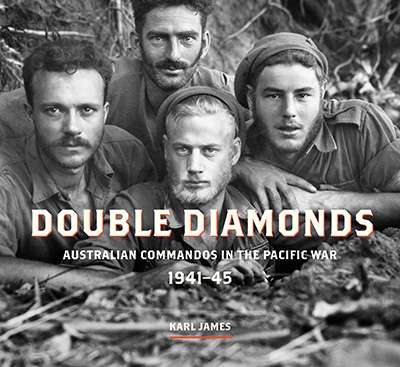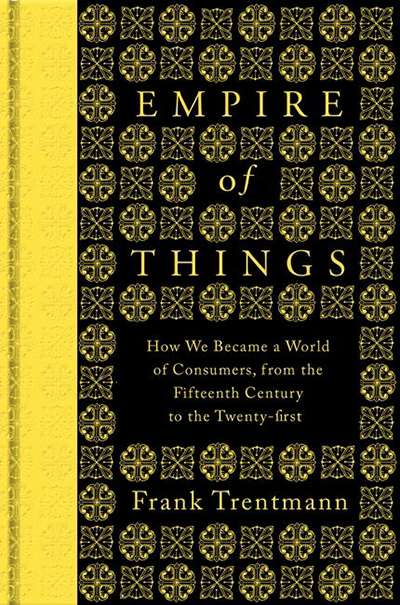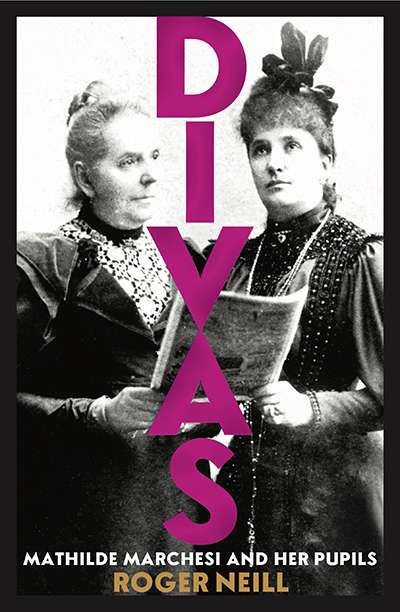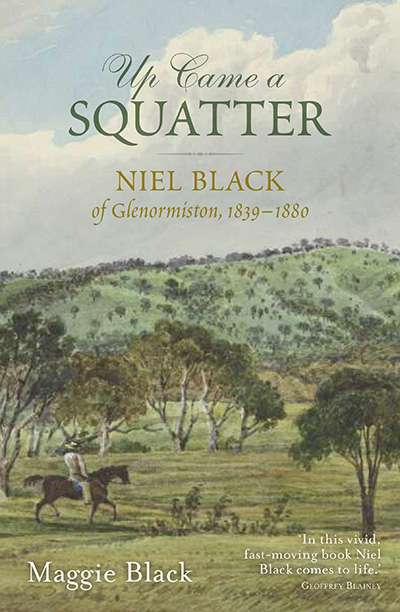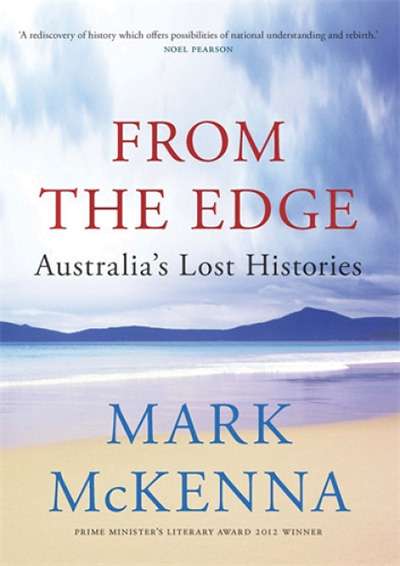Non Fiction
Victoria: The Woman who Made the Modern World by Julia Baird
The Empire over which Queen Victoria ruled for more than sixty years no longer paints the globe red. Yet Victoria is still ubiquitous. She is memorialised in the Commonwealth of Australia – formally proclaimed just three weeks before she died on 22 January 1901 – in the names of two states and innumerable other places, along with material objects like statues an ...
For more than half a century, Richie Benaud (1930–2015) graced the game of cricket around the world. A dashing batsman and fierce leg-spinner, Benaud was the first ...
... (read more)Trillion Dollar Baby: How Norway Beat the Oil Giants and Won a Lasting Fortune by Paul Cleary
The casual visitor to Oslo, with little or no knowledge of Norway’s recent history, could be forgiven for being unaware that per capita this is one of the wealthiest ...
... (read more)Double Diamonds: Australian commandos in the Pacific War 1941-45 by Karl James
The recent scandal over Facebook’s censorship of Nick Ut’s 1972 photograph of ‘Napalm girl’, Kim Phuc, offers a salutary reminder of photography’s stubborn ...
... (read more)Empire of Things: How we became a world of consumers, from the fifteenth century to the twenty-first by Frank Trentmann
If there is a single event that marks the maturity of a new field of study, it may well be the appearance of a sprawling monograph from a trade publisher ...
... (read more)ADHD Nation: The disorder. The drugs. The inside story by Alan Schwarz
The spectrum of opinion on attention deficit hyperactivity disorder – ADHD in the acronym-crazed world of psychiatry – runs from the firiest red to the deepest purple ...
... (read more)Divas: Mathilde Marchesi and her pupils by Roger Neill
Finding the right teacher is always a challenge for young singers, and the relationship between student and teacher can see the formation of a lifelong bond. By the same ...
... (read more)Up Came a Squatter: Niel Black of Glenormiston, 1839–1880 by Maggie Black
At the launch of Up Came a Squatter, Geoffrey Blainey reflected on how important the wool industry was to Australia for more than a hundred years ...
... (read more)From the Edge: Australia’s lost histories by Mark McKenna
There is a well-meaning musician who performs intermittently in Central Australia. When he plays his hit song, he tries to augment the lyrics by chanting the ...
... (read more)Cursed Legacy: The Tragic Life of Klaus Mann by Frederic Spotts
In ‘The Art of Biography’, Virginia Woolf insists that this ‘is the most restricted of all the arts’ and that even if many biographies are written, few survive. But somehow ...
... (read more)

